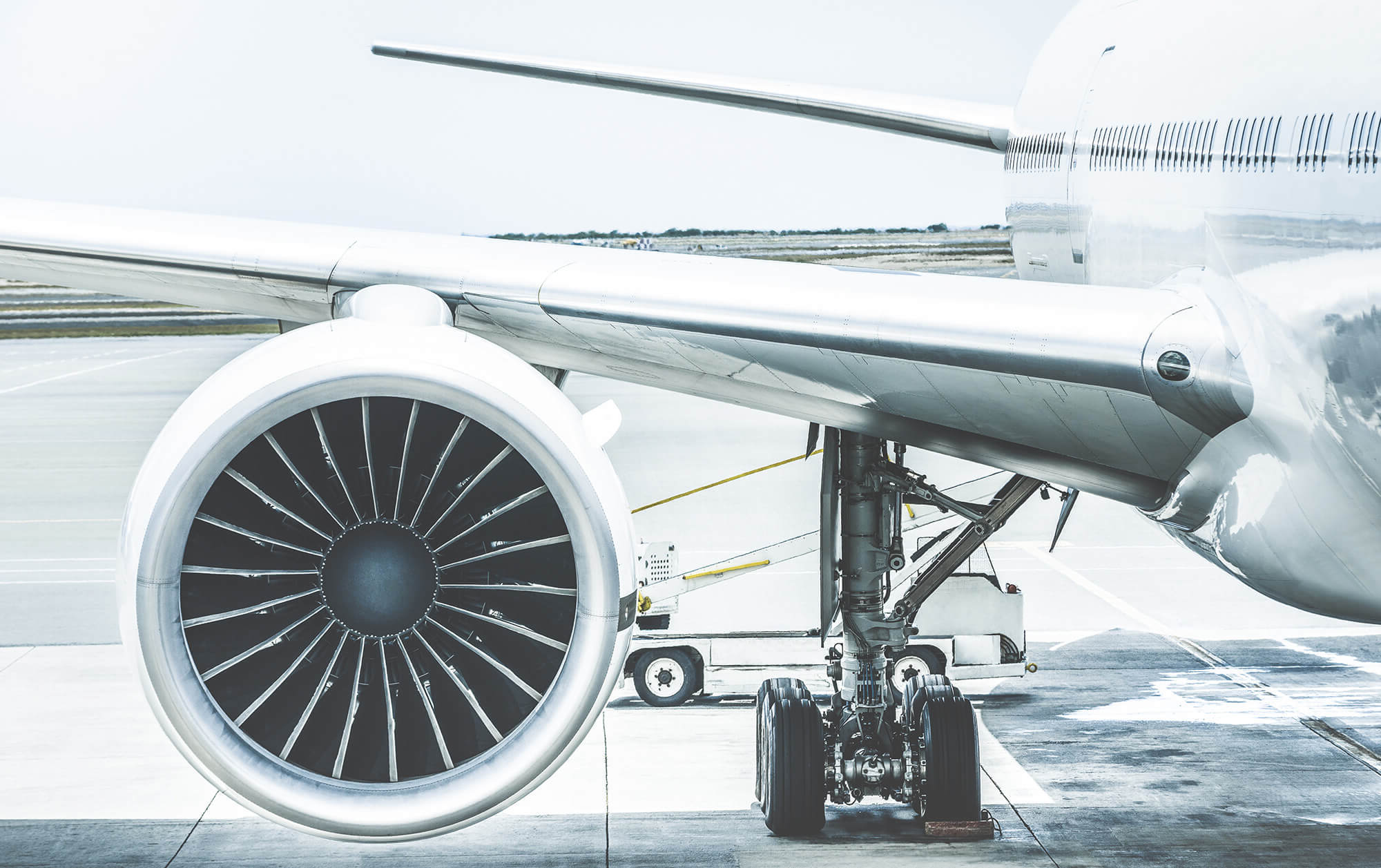
Aircraft leasing might sound like a niche topic, but it's a huge part of the aviation industry. Ever wondered how airlines manage to keep their fleets updated without breaking the bank? Leasing is the answer. It's a way for airlines to use planes without owning them outright. This practice helps airlines stay flexible, manage costs, and adapt to changing travel demands. From operational leases to financial ones, there are various types of leasing agreements. Whether you're an aviation enthusiast or just curious about how airlines operate, understanding aircraft leasing can give you a new perspective on air travel. Buckle up as we explore 14 intriguing facts about this essential aspect of aviation!
Key Takeaways:
- Aircraft leasing is a popular choice for airlines, offering cost efficiency, fleet flexibility, and access to newer models. It also provides tax benefits and predictable costs, but comes with risks like market fluctuations and maintenance responsibilities.
- The future of aircraft leasing looks promising, with a focus on sustainability and technological advancements. Leasing companies are offering more fuel-efficient and environmentally friendly aircraft, driving further growth in the industry.
What is Aircraft Leasing?
Aircraft leasing is a common practice in the aviation industry. Airlines lease aircraft instead of purchasing them outright. This allows flexibility and cost savings. Here are some fascinating facts about aircraft leasing.
-
Types of Aircraft Leasing
There are two main types of aircraft leasing: operating leases and finance leases. Operating leases are short-term and do not transfer ownership, while finance leases are long-term and often result in ownership transfer at the end. -
Global Market Size
The global aircraft leasing market is huge, valued at over $150 billion. This market continues to grow as more airlines opt for leasing over purchasing. -
Major Players
Some of the biggest players in the aircraft leasing industry include AerCap, GECAS, and Avolon. These companies own and lease hundreds of aircraft to airlines worldwide.
Why Airlines Prefer Leasing
Leasing offers several advantages to airlines, making it a popular choice. Here are some reasons why airlines prefer leasing aircraft.
-
Cost Efficiency
Leasing reduces the need for large capital expenditures. Airlines can use their capital for other operational needs instead of tying it up in aircraft purchases. -
Fleet Flexibility
Leasing allows airlines to adjust their fleet size based on demand. They can easily add or return aircraft without the long-term commitment of ownership. -
Access to Newer Models
Leasing provides access to the latest aircraft models. Airlines can upgrade their fleet more frequently, offering passengers newer and more efficient planes.
Financial Aspects of Aircraft Leasing
Understanding the financial aspects of aircraft leasing can shed light on why it is a strategic choice for many airlines.
-
Tax Benefits
Leasing can offer tax advantages. Lease payments are often tax-deductible, reducing the overall tax burden for airlines. -
Balance Sheet Impact
Operating leases do not appear as liabilities on the balance sheet. This can improve financial ratios and make the airline more attractive to investors. -
Predictable Costs
Leasing agreements typically have fixed monthly payments. This predictability helps airlines manage their budgets more effectively.
Risks and Challenges
Despite its benefits, aircraft leasing comes with its own set of risks and challenges. Here are some of the key concerns.
-
Market Fluctuations
The leasing market is subject to economic cycles. During downturns, demand for leased aircraft can drop, affecting lease rates and profitability. -
Maintenance Responsibilities
Leased aircraft must be maintained to the lessor's standards. This can sometimes lead to higher maintenance costs for airlines. -
Lease Termination Penalties
Early termination of a lease can result in significant penalties. Airlines must carefully manage their lease agreements to avoid these costs.
Future of Aircraft Leasing
The future of aircraft leasing looks promising, with several trends shaping the industry. Here are some insights into what lies ahead.
-
Sustainability Focus
There is a growing focus on sustainability in aviation. Leasing companies are increasingly offering more fuel-efficient and environmentally friendly aircraft. -
Technological Advancements
Advancements in technology are making aircraft more efficient and easier to maintain. This will likely drive further growth in the leasing market as airlines seek to modernize their fleets.
The Final Descent
Aircraft leasing is a fascinating world full of surprising details. From the financial benefits to the flexibility it offers airlines, leasing has reshaped the aviation industry. Lessees can avoid the hefty costs of purchasing planes outright, while lessors enjoy steady income streams. This dynamic has led to a booming market, with nearly half of the world's commercial aircraft now leased.
Understanding these facts can help you appreciate the complexities behind your next flight. Whether it's the tax advantages, the operational flexibility, or the global reach of leasing companies, each aspect plays a crucial role. Next time you board a plane, remember there's a good chance it's leased, making your journey possible.
Aircraft leasing isn't just about planes; it's about connecting people and places, making the world a bit smaller and more accessible. Safe travels!
Frequently Asked Questions
Was this page helpful?
Our commitment to delivering trustworthy and engaging content is at the heart of what we do. Each fact on our site is contributed by real users like you, bringing a wealth of diverse insights and information. To ensure the highest standards of accuracy and reliability, our dedicated editors meticulously review each submission. This process guarantees that the facts we share are not only fascinating but also credible. Trust in our commitment to quality and authenticity as you explore and learn with us.


